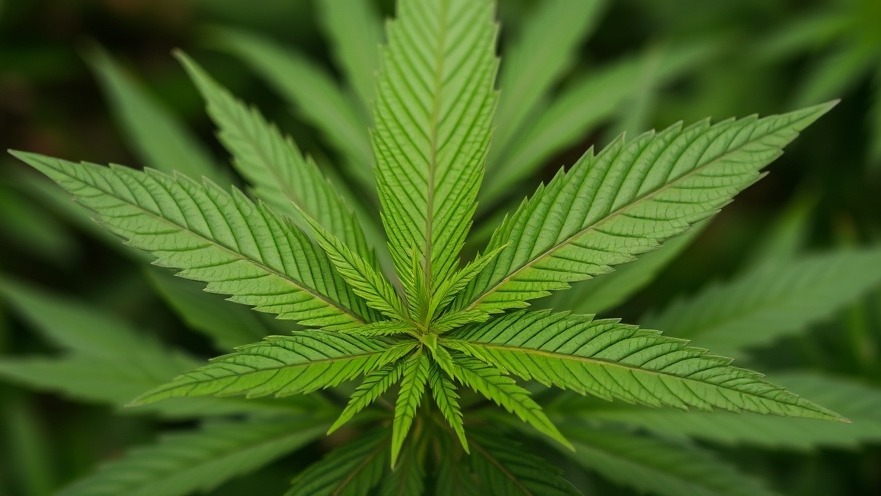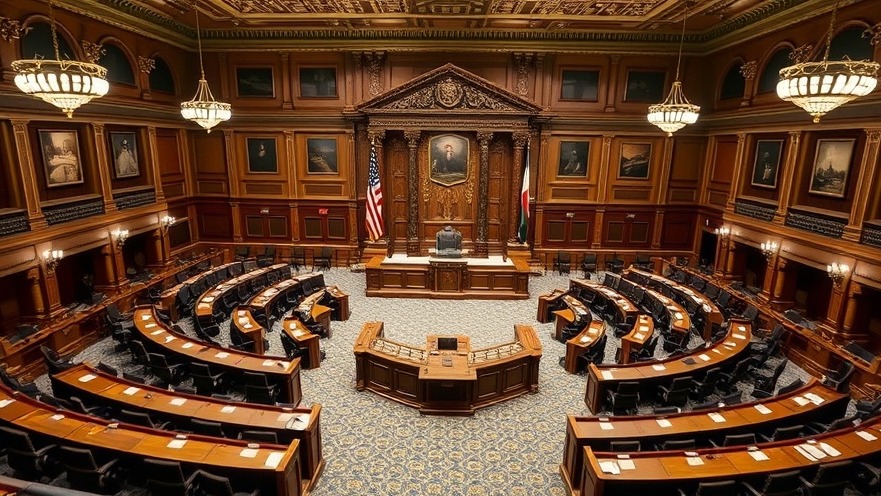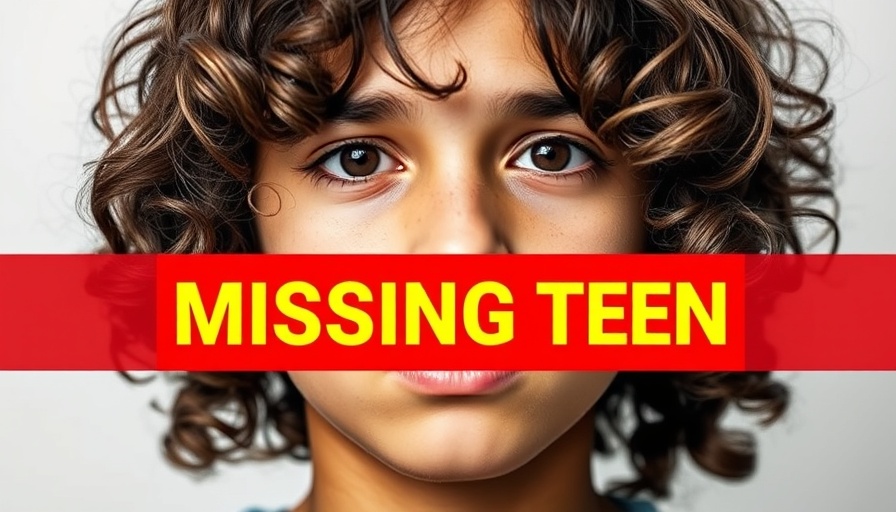
Texas Governor's Veto: A Bold Move for THC Regulation
In a surprising late-night decision, Governor Greg Abbott vetoed Senate Bill 3, which aimed to impose a complete ban on THC products throughout Texas. Instead of following his Lieutenant Governor Dan Patrick's schema of prohibition, Abbott is steering the state towards a more regulated framework for the hemp industry—an industry deemed necessary for both public health and economic stability in the Lone Star State.
Why Was the THC Ban Controversial?
The bill, highlighted by Patrick as one of his main priorities for the 2025 legislative session, would have prohibited consumable hemp products, including popular items like delta-8 and delta-9 THC. Abbott's rejection shocked many, especially given the vocal support the measure saw within conservative circles. Patrick, who has long championed strict THC regulations, labeled the veto a betrayal that would leave vulnerable Texans exposed to hazardous THC products.
Implications for Public Safety and Market Regulation
In his statement, Abbott expressed deep-rooted concern that SB 3 would likely face constitutional challenges, arguing that prohibition does not adequately solve public safety issues. He advocated for a regulatory structure reminiscent of how alcohol is controlled, contemplating guidelines such as preventing sales to minors and requiring testing throughout production. By instituting proper regulations rather than an outright ban, Abbott seeks to safeguard the public while ensuring the hemp industry's survival.
The Economic Stakes for Texas
The veto comes at a critical time for Texas's hemp industry, which has grown significantly since the legalization of hemp products in 2018 under the federal Farm Bill. Abbott’s strategy to move towards regulation instead of prohibition represents not just a shift in policy but also a need to protect a burgeoning economic sector that provides jobs and revenue in a fast-evolving agricultural landscape.
A Special Legislative Session on the Horizon
Immediately following the veto, Abbott announced a special legislative session slated for July 21 to discuss comprehensive regulations on THC. Advocates and critics alike will be watching closely, as Abbott suggests that without proper safeguards, the current unregulated market poses dangers, particularly to children.
Addressing Public Concerns: Education and Safety
Supporters of the THC ban, including Patrick, argue that without stringent measures, high-potency THC products can be likened to poison in the community. As fear of these products persists, Abbott’s proposed regulations could incorporate educational initiatives aimed at informing the public about the risks associated with THC consumption, particularly for younger individuals. Legislative actions will not only focus on regulating the market but could also emphasize community outreach and education.
The Road Ahead: What's Next?
As the tension builds between Abbott and Patrick, the path to new THC regulations promises to be tumultuous. It is clear, however, that a middle ground must be found to protect public health while also maintaining a thriving hemp industry. The upcoming special session will be pivotal in shaping the regulatory framework, but it is also an opportunity for Texans to voice their concerns and opinions regarding how THC products should be managed moving forward.
Conclusion
Abbott’s veto and call for regulation signify a crucial moment for Texas's future concerning THC products. It reflects a growing awareness of the need for balanced, informed approaches to public safety and economic viability. Texans stand at a crossroads about their legislative priorities; it’s imperative to stay engaged with local news and updates, particularly as the upcoming legislative session will dictate the course of hemp regulation in the state.
 Add Element
Add Element  Add Row
Add Row 



 Add Row
Add Row  Add
Add 


Write A Comment